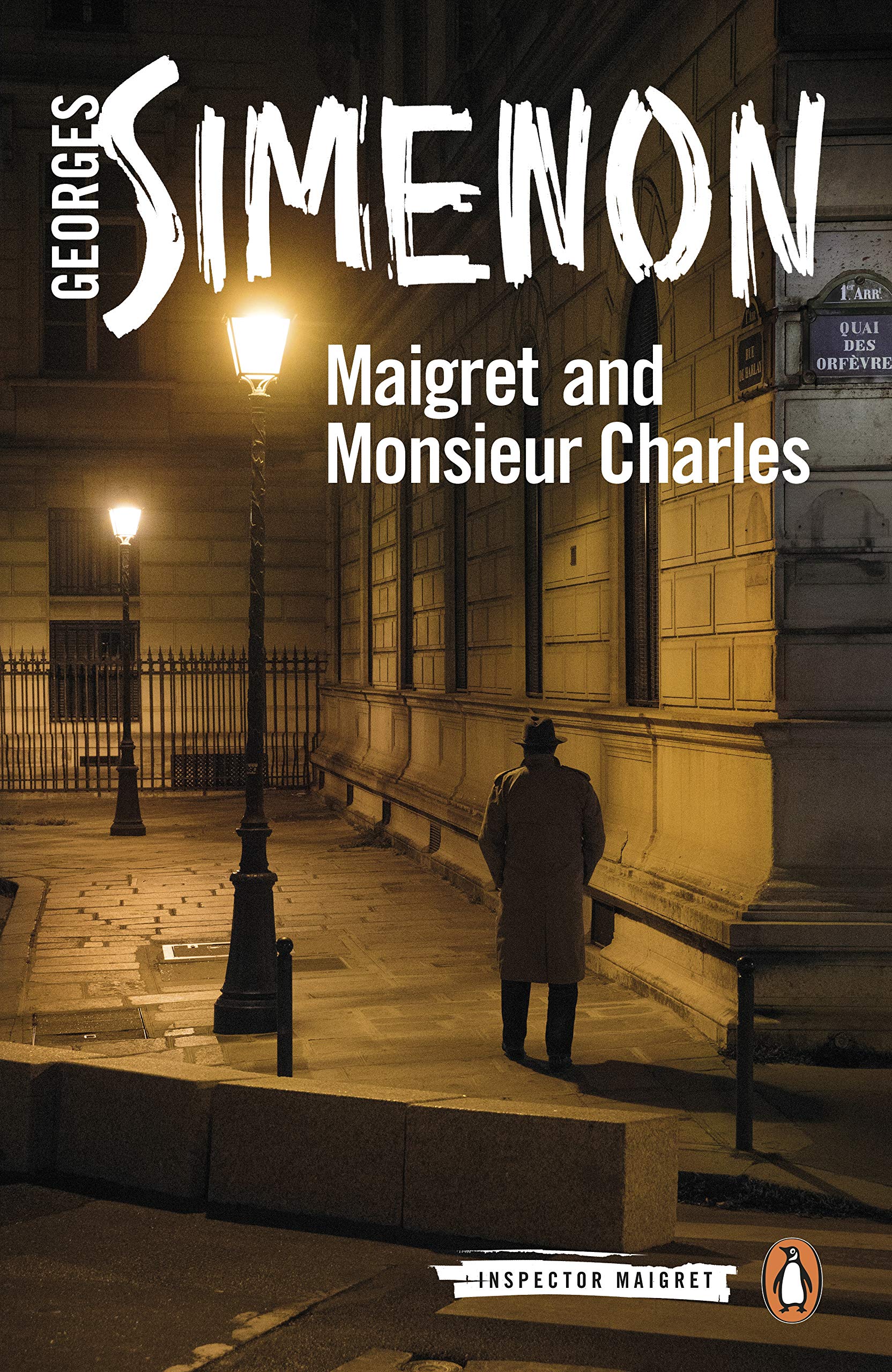Maigret and Monsieur Charles
""The dialogue is sharp and incisive, and as usual, drives the plot forward." "
Synopsis:
Maigret is offered promotion to the head of the Police Judiciare, and turns it down. One of the joys of his career was getting out of the office and 'soak up the atmosphere' with each new investigation. Being head of the Police Judiciare would tie him to his desk. Besides, in three year's time he would retire.
Later, a woman comes to see him, and tells him that her husband, a prominent lawyer called Gérard Sabin-Levesque, has been missing for four weeks, and would he investigate? Here was a chance for him to 'soak up the atmosphere', and he agrees to do so. He soon finds out that all is not as it seems. The woman, Nathalie Sabin-Levesque, is an alcoholic, and her husband has a habit of disappearing for a few days at a time.
As Maigret investigates, he finds a situation that makes no sense. The Sabin-Levesque's marriage is a sham - one based on pure indifference to each other; Natalie claims to have worked in a lawyer's office, but as Maigret probes, a different story unfolds; Gérard may be a lawyer, but he is not an upstanding pillar of the community. He is, in fact, a playboy. Maigret discovers that when he disappears for a few days, he calls himself Charles, and spends them in hotels and night clubs where he consorts with club hostesses.
Natalie is convinced that her husband is dead. But if he is, is it suicide? An accident? Murder? And if it is murder, who is the culprit? Natalie? Her maid Claire, who is devoted to her? Or perhaps Lecureur, Gérard's chief clerk?

Purchase the book from Amazon.
Review:
Published in 1972, this is Simenon's last Maigret book. It is a simple story - a man disappears, and his wife wants Maigret to investigate. There are no alleyways up which we are drawn and there are no red herrings to speak of - just the mechanics of an investigation. The characters are clues in themselves, and Simenon's ability to make them living, breathing people using just a few sentences is, as usual, immaculate. The dialogue is sharp and incisive, and as usual, drives the plot forward. It is more than just people speaking - Simenon uses it as action, a rare quality in a writer. Maigret's regret at his coming retirement permeates the book. He loves Paris - its foibles, its nightlife and its people. But he is at a crossroads, and he knows it. Simenon handles this beautifully. The late Muriel Spark called Simenon 'a truly wonderful writer', and she wasn't far wrong.
